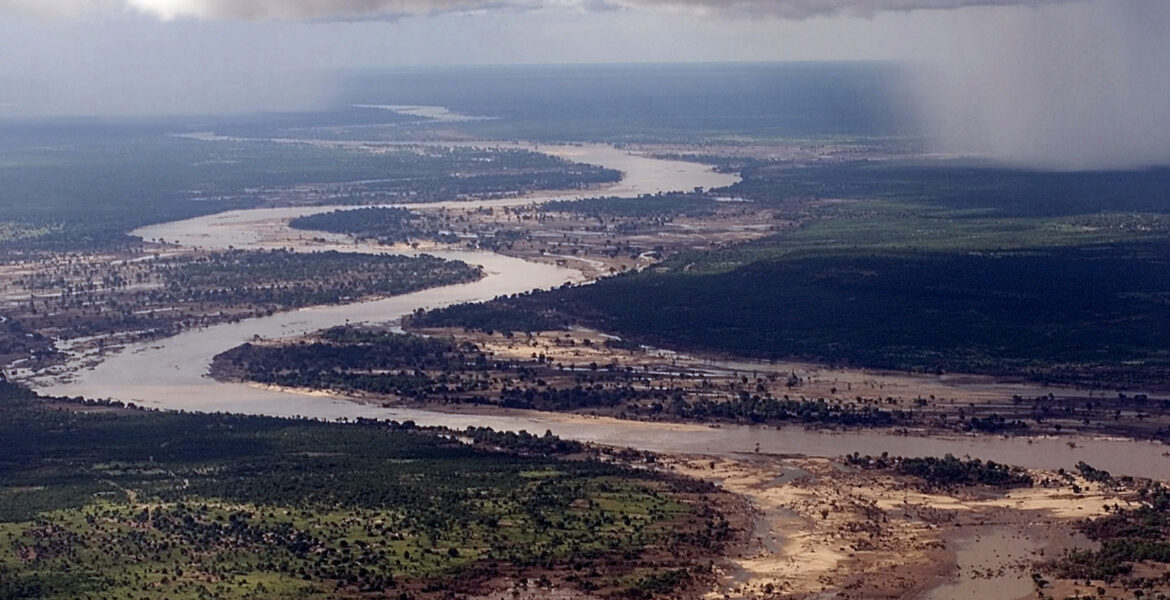- The farmers say the land is private property on which they will not allow trespassing
- The villagers say they are blocked from tourism and agriculture opportunities
- The farmers say there were never any access routes there for use by the villagers
- The MP says the Tuli Block “is a state within a state”
SESUPO RANTSIMAKO
People of villages along farms in the Tuli Block are enraged by a decision of farmers there to close their access routes to the Limpopo River, thus blocking them from potential agricultural and tourism activities, The Botswana Gazette has established.
Villagers of Ngwapa, Mathathane, Letoreng, Kudumatse, Makwape and Machaneng are among those affected.
For the villagers to access the river, they must first seek permission from the farmers, who are mostly whites. However, the villagers say the farmers do not easily grant them the permission when they seek it.
The farmers deny that any access routes to the river ever existed and say their farms and the land up to the Limpopo is private property on which they will not allow trespassing.
Kgosi Jimmy Moremi of Ngwapa Village says the farmers blocked their access routes without consulting them. As one who grew up in Ngwapa, Kgosi Moremi says there was demarcation between farms, grazing land and access routes to the river.
“Under the current set-up, Tuli Block farms are effectively the boundary between Botswana and South Africa when the river actually forms a natural boundary between the two countries,” the Kgosi told The Botswana Gazette. “Our people in the villages are spectators in all tourism and agricultural activities because they are denied access to the river.”
According to Moremi, their efforts to raise concerns several times on different platforms about this have fallen on deaf ears. A representative of Machaneng youth, Keipeile Mathanjane, says the white farmers are exclusive beneficiaries of the tourism and agriculture gifts of the mighty Limpopo.
“Even government authorities like police patrols and Botswana Power Corporation must first seek permission from the farmers,” Mathanjane said. “However, they obtain it more easily than us ordinary people because they provide services to the farms. What is more frustrating is that even to meet these farmers is a challenge. I think a meeting with these farmers is needed to resolve this.”
The MP for Sefhare-Ramokgonami, Dr Kesitegile Gobotswang, says when he raised the issue in Parliament he was told that there was a need for a land audit to establish the facts. “The Tuli Block has become a state within a state,” the MP said in an interview. “This is not acceptable because Batswana are being denied the benefits of the river. We want those routes opened because the villagers have been ruled out of tourism and agriculture as things stand.”
But the Chairman of Tuli Block Farmers Association, J. Ross, differs with the villagers, saying access routes to the Limpopo River never existed. Maps would show them if they ever existed, Ross asseverated in an interview. “If there are corridors, the ministry responsible for land should be able to point them out,” he insisted. “These farms and the land towards the river are private and we draw water from the river for irrigation. We therefore cannot let anyone to trespass because there is lot of poaching around here.”
Officers assigned by lands minister Kefentse Mzwinila to respond to Gazette enquiries had not yet done so at the time of going to press last night.

